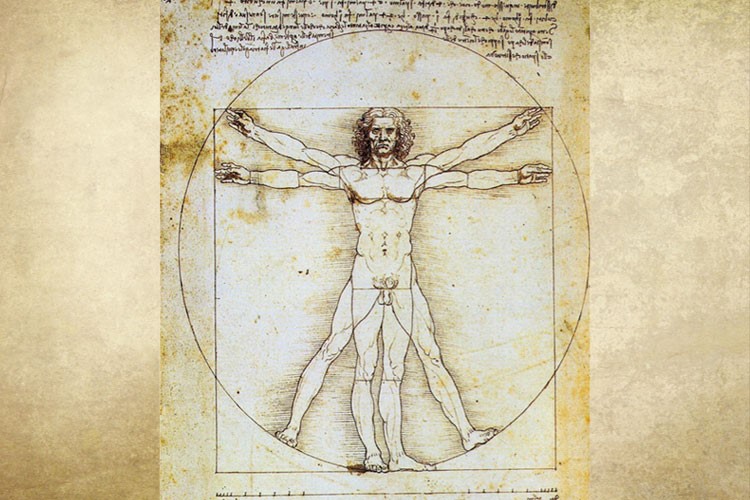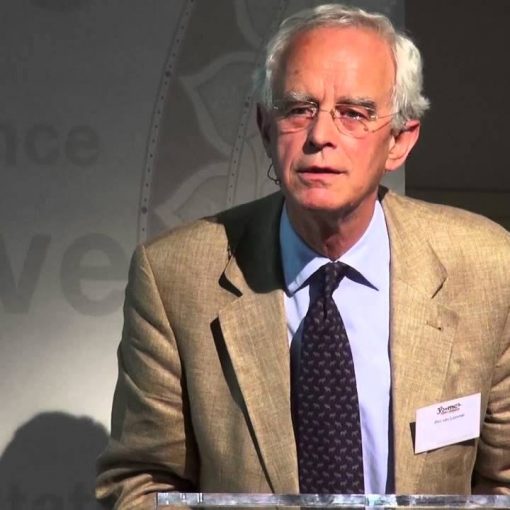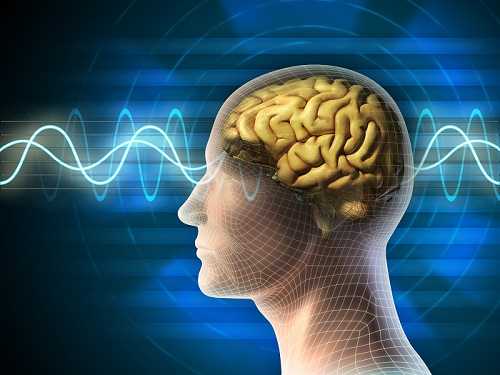By Paul Kieniewicz (SMN Website Editor)

In launching this blog, I am going back to some of the key ideas discussed in founding the Network over forty years ago. In those days, parapsychology was, as it is today, a disreputable field. Outside publications of the Society for Psychical Research and others dedicated to the field, mainstream scientific journals ignored parapsychology. Doctors who practiced homeopathy did so in secret. Meditation was new, practiced among student groups or followers of the Maharishi. When the first meetings of “the Conspiracy” took place — that was how the founders called themselves, their thought was for establishing a safe place for dialogue on scientific topics such as parapsychology, energy fields, dowsing, higher modes of consciousness. The Network was a means for people with such interests to find each other.
Some things have changed today. Meditation is commonplace, many varieties and techniques for meditation are being taught. Dean Radin, Pim van Lommel and Michael Persinger have published papers on parapsychology in mainstream scientific journals, that document positive results. Their papers are controversial, but are being discussed. However, such topics, along with complementary and alternative medicine are still viewed with suspicion by most scientists. Today, there are serious efforts in the UK government to ban homeopathy. Those who want advancement are very circumspect at showing an interest in those fields. Another unfortunate development is that with the growing volume of popular books on those subject, the science is not always presented with enough rigor to be credible. Scientific terms such as “nonlocal”, “quantum” or “epigenetic” are often used inappropriately in ways that tend to alienate scientists who might otherwise be sympathetic to the subject.
And yet science is changing, and areas emerge each day where science seems to draw closer to what one would call spiritual or mystical, though many scientists deny that this is the case. Those are some of the topics I would like to explore in this blog. Our basic physics, quantum mechanics, relativity and cosmology have reached a crisis. In trying to explain new observations, those disciplines are faced with their own inconsistencies. Some are discussed by Roger Penrose in his recent book, “Fashion faith and fantasy in the new physics of the universe”. Physics is ready for a significant change, though no one can agree on what it will be. In biology, I am struck by the growing recognition that electricity and electric fields play a major role in living organisms. The forgotten work of J.C. Bose on electricity in living and nonliving is being rediscovered. Epigenetics is a growth field, whose implications are yet to be understood. Many biologists feel that Lamarckian evolution needs a second look, that some acquired characteristics can be passed down many generations. As always, the nature of consciousness remains an unanswered question. What do we even mean by consciousness? Who is conscious? Humans (at least most of them), some animals, plants? How about atoms, or the universe? Can an electron possess an awareness of its quantum state? Those questions are raised these days in many mainstream science journals.
Medicine seems to be the most resistant to change. Yet even here, we see a growing recognition, following many new studies, that acupuncture and Chinese medicine may work after all, that meditation may be a cure for depression, and that religion has a positive role to play in a person’s health and well-being. Near Death Experiences are being discussed (and still often dismissed as not having any significance), even though they are accepted as commonplace. Research frontiers are in neurology and fMRI studies. Each day we hear some fantastic new feat, such as a man who moves a mechanical object with his thought. Many researchers feel that computers will soon be able to read our private thoughts. There are fewer discussions on whether this is a good thing. Some neurologists are exploring how the human brain interacts with the Earth’s magnetic field. They speculate that we all may be connected electromagnetically, be able to listen in on each other’s thoughts. Unfortunately, most psychologists still regard the notion of “the psyche” as fanciful, something you don’t mention to your colleagues.
There is no shortage of topics to write about. Discoveries are constantly being made, but their philosophical or spiritual implications are often not understood until many years later. In these pages, I will try to present some of these discoveries and make some educated guesses on what I think they mean. I can’t write about everything. For the moment, I’ll focus on the hard sciences, rather than religion or spirituality. Not to devalue spirituality, but I feel that an open study of the science will eventually take us to the other.





7 thoughts on “New Discoveries, New Directions – Introducing a new blog”
Is there a way to follow this blog, other than by making a comment?
Dear Barry
An excellent question – I will look into it.
All the best
Richard
Paul,
I am a new member of the network…lots of things to explore. Perhaps, at the end of your blog you could mesh together an implication your insight might have for religion and/or spirituality?
Dear Paul
You mention that you will focus on the hard sciences, and that is fair enough. In fact it is very typical in the SMN, where the science people refer to, very often indeed, is physics. Biology and cosmology can also be referred to, if less frequently. But I would point out that other sciences, including “soft” ones, are also part of science, and that there is no reason, inherently, why they and their relation to spirituality should not form part of our deliberations. Psychology and anthropology are examples of sciences in which accomplished investigators have sometimes made contributions that were relevant to spirituality.
Bryan
Paul and Richard thank you for a gentle earthquake, the techtonic platesof the SMN have been moving in the direction of the need more open discussion for some years. However, I believe there is a fundamental dichotomy in the aims of the SMN that must be resolved, which is that science is dependent upon a reductionist approach that cannot accommodate a holistic view, for the SMN to arrive at a common view is therefore not possible. Scientific reasoning is an entirely man-made structure that attempts to accounts for all actualities and denies the existence of an active field of consciousness that is a fundamental tenet of medical and social reality; science cannot even include Bohm’s Implicate Order and Holomevement that treats the cosmos as an integrated whole. Nevertheless my very best wishes for the sucess of the blog
Dear John
I understand the dichotomy you are talking about. We have been trying to advance the position that it is possible to extend science with a new oncology, epistemology and methodology that will allow science to include what, from a physicalist point of has previously been excluded. This is why David Lorimer, Chris Thompson and myself set up the Galileo Commission – led by Professor Harald Walach, which we hope to discuss with members at the Annual Gathering in July. We are planning a public launch with invited academic and the great and the good in September. To look at who is involved and our remit, please visit http://www.galileocommission.org. All the best
Richard
Dear John, Thank you for the comment. You raise an important point, one that is being hotly debated among SMN members as we speak. In speaking of our approach, we have to distinguish between science and scientism. The latter embodies the belief that all consciousness can be reduced to electrical/chemical processes in the brain. That the brain produces consciousness. Another issue with scientism, is the assumption that all paranormal phenomena are delusional. Again, this is a belief not grounded in evidence. Reductionism per se is not a problem. When we investigate complex phenomena, we are forced to simplify, to find common elements and so on. This is a very useful approach. I think that you’d find David Bohm also agreeing on that point.